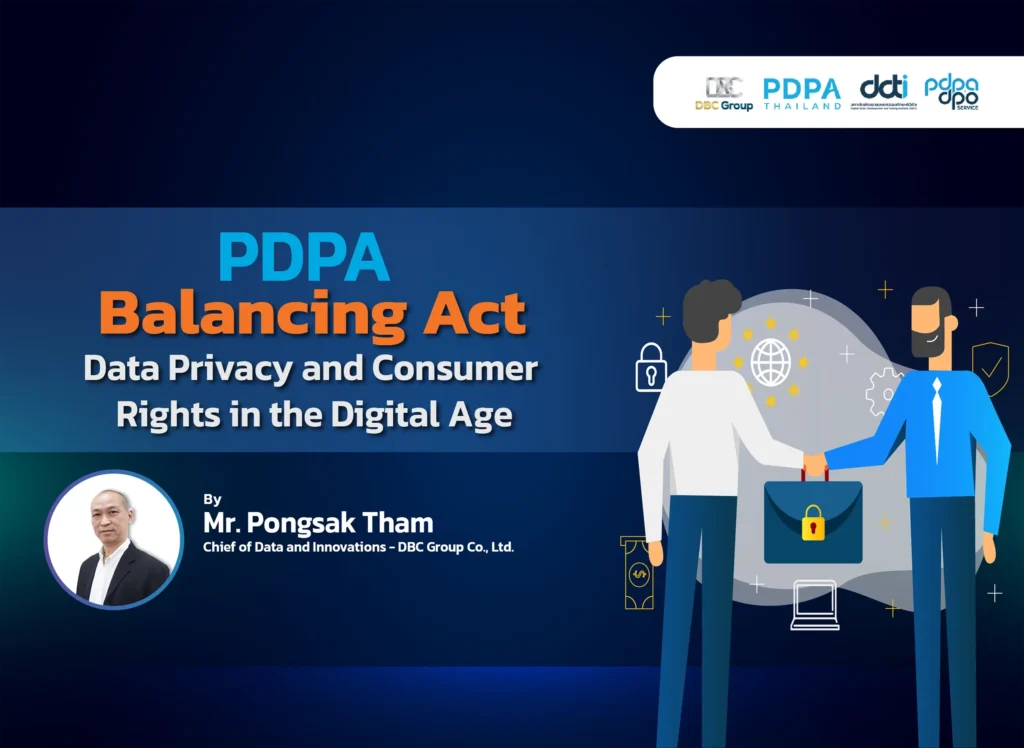Balancing Act: Data Privacy and Consumer Rights in the Digital Age
Introduction
In the digital economy, consumer data has transcended more information to become a valuable asset for businesses. Companies leverage this data to refine marketing strategies, personalize customer experiences, and catalyze innovation in product and service development. However, this data-driven approach compels us to confront critical questions surrounding consumer privacy and rights.
The Delicate Equilibrium: Business and Consumer
While businesses seek to harness the power of data for growth, it’s paramount to acknowledge that data ownership and control ultimately reside with consumers. Businesses have a corresponding responsibility to safeguard and uphold consumer rights by ensuring just and transparent data practices.
Fundamental Principles: Cornerstones of Trust
- Informed Consent and Transparency: Consumers deserve absolute clarity regarding how their data is collected, stored, and disseminated. Businesses must obtain unambiguous consent before utilizing data for any purpose.
- Robust Data Security: Businesses are obligated to implement impregnable security measures to shield consumer data.
Shifting Tides: The Evolving Consumer Landscape
Previously, data utilization often occurred without consumers’ full comprehension. However, the contemporary consumer is increasingly cognizant of their rights. Businesses must navigate a tightrope walk, balancing the utility of data with respect for consumer privacy. Failure to achieve this equilibrium can impede business success in the modern era.
The Rewards of Ethical Data Practices
When businesses demonstrate responsible stewardship of consumer data, consumers are more inclined to share their information. This fosters a deeper understanding of consumer needs, empowering businesses to deliver bespoke products and services.
Illustrative Examples of Ethical Data Usage
- Personalized Recommendations: Leveraging past purchase history to curate tailored suggestions.
- Contextual Advertising: Delivering advertisements that align with consumer interests.
- Enhanced Customer Support: Utilizing data-driven insights to optimize customer support experiences.
Building Bridges of Trust: A Symbiotic Relationship
Respecting consumer privacy and data rights fosters trust – a cornerstone of repeat business and a positive brand reputation. Conversely, businesses that malinger with data risk eroding consumer trust and facing legal repercussions.
Conclusion
Striking a harmonious balance between data utility and consumer privacy is imperative for businesses to flourish in the digital age. By adopting ethical data practices and nurturing trust with consumers, businesses can unlock the full potential of data-driven innovation while reverencing individual rights.
The Road Ahead
Our next article will explore case studies of businesses that have successfully achieved this balance. We will delve into how they leverage data for growth while championing consumer privacy.










